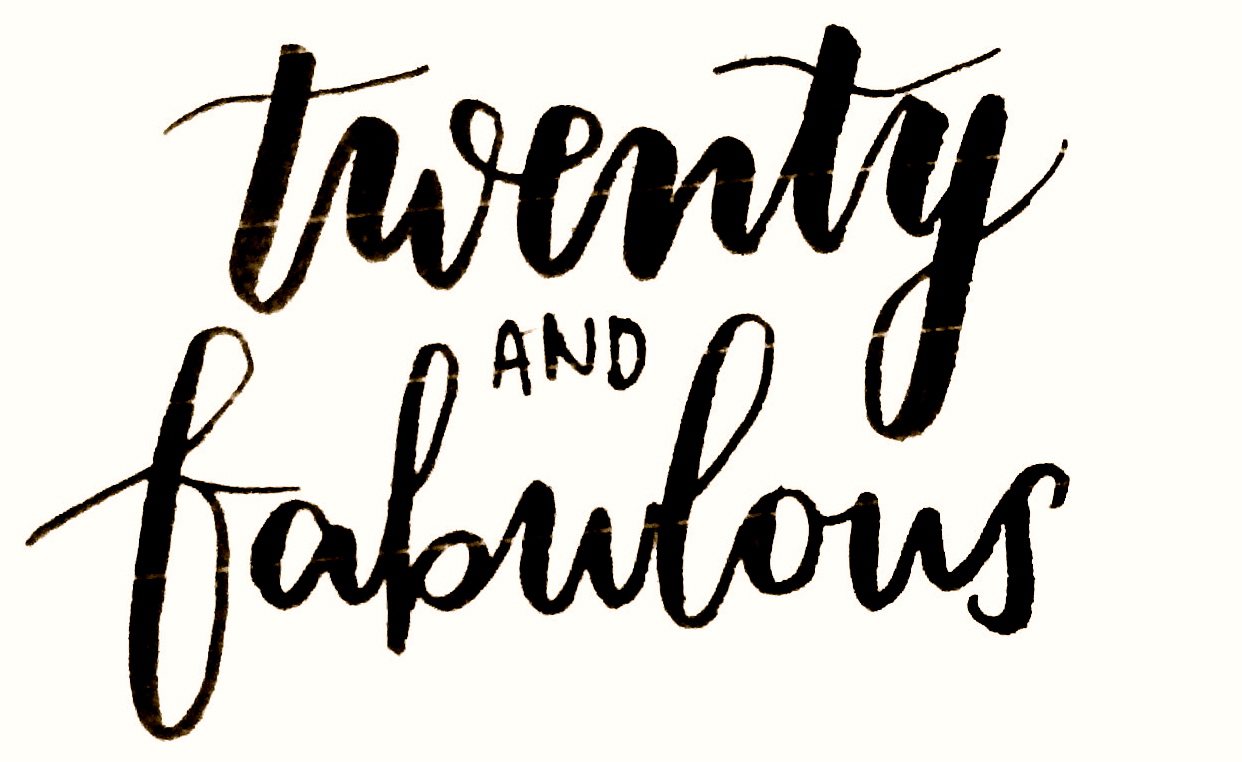Back when we were in school, the most popular and well-liked person never received A+ for possessing excellent social skills. We were only graded based on the exams we took, the essays we wrote, the coursework we did – it was all down to the technical tangible stuff. Even project work didn’t really require you to get along with your team members, because you could do everything yourself if you wanted to and just write the scripts for everyone for presentation day. You could get away with working alone, as long as you were willing to put in a few more hours. However, it changes entirely once you enter the workforce.
At work, most of us operate in a team, report to our supervisors, speak with clients and interact with colleagues. When I first started, I was uncomfortable, because I knew that being good at my job was no longer just about producing the deliverable, but also about how well my colleagues liked working with me and how much rapport I could build with the team and client. I became more aware of the increasing importance of building relationships with people around me.
However, to my surprise, I slowly realised that building strong relationships was actually sometimes more important than having strong subject knowledge. I shared this discovery with my mentor who agreed with me. She found that in her years of experience, in an extreme case between a person who possesses high technical expertise but poor social skills and a person who gets along well with many people but has little technical expertise, the latter will usually do better.
Let me justify myself with the following observations:
1. People won’t make work harder for themselves by working with difficult (but capable) people
Recently, my project team did a personality type test – some of you might have heard of Myers Briggs Type Indicator (MBTI), to understand each other’s working style more. When explaining one of the personality types, we were given a scenario by the expert,
“You are leading a client project with 8 other members working under you. Initially, all 8 of them were meant to go to Miami for a client presentation. However, the company later informed you that there’s only budget for you and one other person. Assuming that everyone is equally well-positioned to give the presentation, who will you choose?”
Now I won’t delve into all the answers that were given, but one particular answer really caught my attention. One of the more senior leads said,
“I will bring whoever I can get along the best with and have a pint with.”
His reason was that since everyone was equally prepared and qualified to give the presentation, why not bring someone that you can get along with and have some fun?
Initially, I was slightly annoyed. After all, you’re in Miami for work, so fun should be separate from his consideration. However, thinking more about it afterwards, I realised that it was so true. For many of us, dream job or not, work sometimes feel like an obligation. Since it’s already such a chore, why surround yourself and work with people that you can’t speak to casually and joke around with. Why make your life tougher by being so serious and “professional” all the time?
I’ve experienced working in a team that I could have a laugh with but did moderately challenging and sometimes administrative work versus a team that was really strict and had very exciting and interesting work. When comparing which experience was more enjoyable, the former project wins hands down.
Honestly, your job becomes so much harder when you work with someone that you can’t communicate well socially with, even if they are very capable.
(On the note of work being a chore, my colleague on the same project as me who obviously could afford not to work told me today that, “when you find the job you love, you’ll never work a day in your life.” Wise words?)
2. Life’s like that – sometimes you pick your friends even if they are less competent.
At the start of one of my projects, I had 2 colleagues. I sat in a room with them and observed how they worked to figure out the best approach for the project. I could be wrong but I felt that one was definitely technically better in his approach. He was very sharp, but kept cutting in mid sentence. While the other colleague was not as strong, he was such a nice and easygoing person who cared and listened to everyone’s views attentively (even mine, when I knew nothing).
The budget for resources decreased and then one colleague had to roll off. Guess who left? It’s definitely possible that I didn’t see the strength in the colleague that my director saw. It could be due to other reasons that the easygoing colleague was chosen (i.e. he was maybe more experienced in that particular scope of work). Maybe my impression was wrong.
He did get along extremely well with my director though.
On my part, I was very happy that he was chosen because I had a really good time working with him. To date, we are still chatting and have a good professional relationship. If it were me, I would have picked him too.
3. In the long run, it’s all about your ability to build relationships.
Aa a junior, sometimes you find that in order to prove your worth, you need to focus on building your technical skills. However, as you climb up the career ladder, the importance of forming strong professional relationships increases at an unbelievable pace. Depending on the line of work, you supervise and leave most of the technical bits to your team. Mostly, you leverage your network to increase sales.
Think of your Partner or Managing Director pitching for projects, it’s all about who they know, not what they know. They will definitely have a fundamental level of technical knowledge. But if they don’t, they can always hire people who do that.
Concluding Thoughts
All of these revelations have changed how I act professionally. Previously at school, you could always get away with being not very sociable or even anti-social as long as you had good grades; you could be “successful” (i.e. get into the best universities). However, you need to recognise that it will change once you step into the working world.
Obviously, still being strong in your technical ability will help set you apart from the rest. You cannot expect to cruise through your job just by being friends with everyone, but don’t neglect building relationships. It’s not too late to realise that your performance scorecard has changed. Time for you to change and enjoy some perks of being a social butterfly too!
–
Hope you enjoyed the post! I would also like to hear your thoughts so please leave a comment. You’ll never know who else is reading your comments and might benefit from them!
If you would like to stay tune to the next post, please click the “Follow” button on the bottom right of the page and just provide your email. You don’t need to have a registered wordpress account.
You can also connect by following my instagram @twentyandfabulous and liking my facebook page https://www.facebook.com/twentyandfabulous/
Stay fabulous & sociable everyone!
Athena

